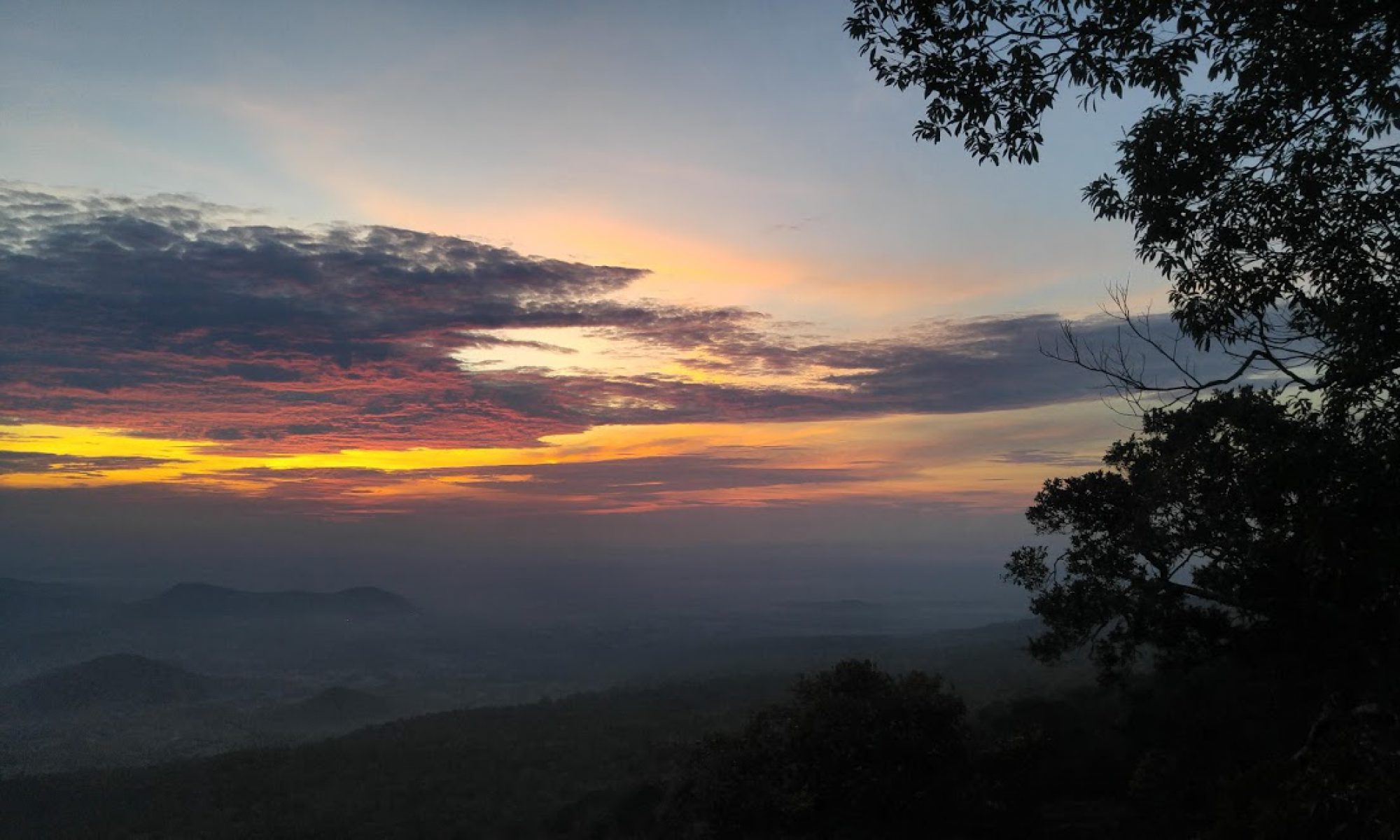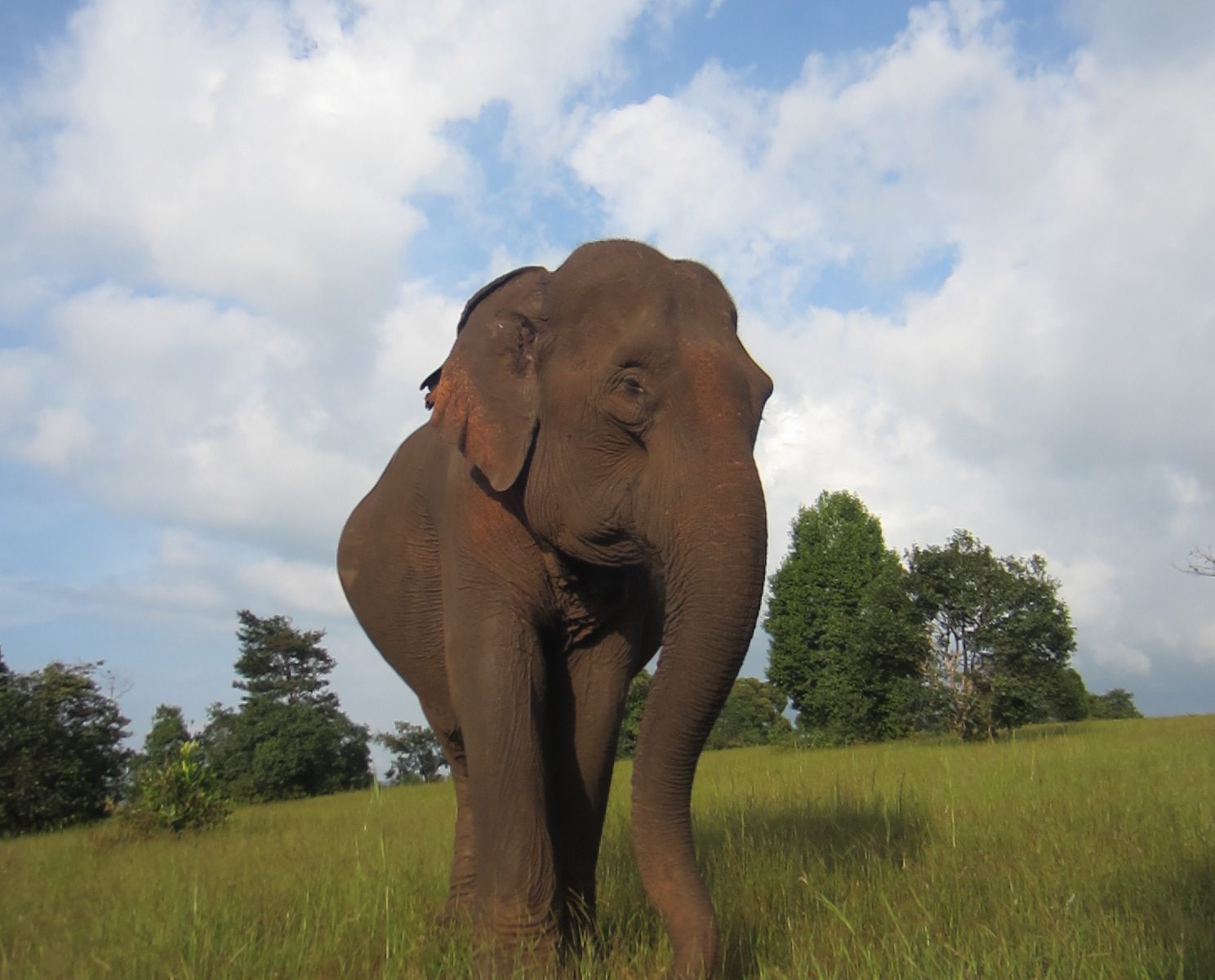Description: In our crisis Exploration we learned a lot of things that happen outside in the environment. Crisis is the bad thing that happens to people and is unsafe to people. Example: the cars are crashing or the train is falling. We learned about what is a natural disaster. Natural disasters are caused by nature. Natural disasters are: earthquakes, avalanches, and storms, for example. Then we talked about a volcano. A volcano is the mountain that has magma inside. When it is erupting out, the magma will turn to lava. Lava can make islands when it touches the cold place and it turns to the rock. Crisis management is how the aid workers help people when there is a crisis. One way they help is by evacuating people away. Example: when it has a flood, aid workers evacuate people out to the safe place. We also took a trip to share with the students at the government school at Takhmao City. We chose this school because this is the old school that two Liger students have learned at before. We taught the students who were in grades 5 and 6. We shared some things that we learned like floods, storms, earthquakes, and avalanches. The students werevery smart to answer the questions and understand the information.


